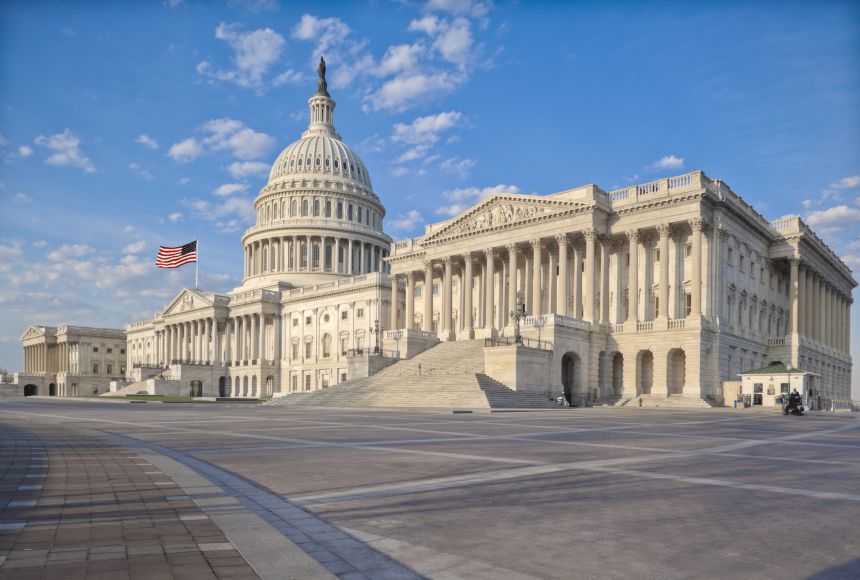Israeli military actions against Iranian targets in Syria have escalated, highlighted by the December assassination of Iranian General Radhi Mousavi. A close associate of the late Quds Force commander Qassem Soleimani, who was killed by the United States in 2020, Mousavi was instrumental in transporting weapons from Tehran to Syria and Lebanon and was a senior figure in the Iranian Revolutionary Guard’s operations in the Levant.
The killing of Mousavi signaled a shift in Israel’s strategy: from targeting Iranian military hardware to focusing on key personnel. This shift was further evidenced by the recent targeted killing of Iranian Revolutionary Guard intelligence officers, including Brigadier General Ali Aghazadeh, in an airstrike on their residence in Damascus.
Political Implications
The precision strike on the Iranian officers in Damascus marks a significant moment in Israel’s approach to deterrence, aiming to limit Iran’s capacity to use Syrian territory as a base for operations against Israel.
While this operation mirrors the assassination of Mousavi in its focus on high-ranking Iranian officials, it stands out due to its location and political implications. The attack occurred in the Mezzeh area of Damascus, known as either District 86 or the Western Villas. This zone, heavily fortified and closely monitored, is a preferred residential area for many political and security officials connected to the Syrian regime. It is typically considered to have a degree of political immunity, contrasting with areas under complete control of the Revolutionary Guard, such as the Sayyida Zeinab area where Mousavi was targeted.
This latest Israeli operation, occurring within a secure and politically sensitive area of the Syrian capital, indicates a more assertive and strategic approach to countering Iranian influence in the region. It also reflects the evolving dynamics of regional security and the ongoing tensions between Israel, Iran, and Syria.
Escalating pressure on Syrian regime and renewed Russian-Israeli coordination
The recent Israeli operations in Syria, particularly the targeted strikes within Damascus, highlight an intensifying approach towards the Syrian regime. This escalation is evident in the fact that Tel Aviv has ventured to strike areas under the direct control of the Syrian government, a move not commonly seen in recent years. The last notable instance of such a direct approach dates back to the 2008 assassination of former Hezbollah leader Imad Mughniyeh in the Kafr Sousa region, a heavily secured area featuring various security branches.
This recent operation signifies the increasing proximity of these conflicts to the core areas of the Syrian regime, suggesting a growing concern over the regime’s unwillingness or inability to prevent anti-Israeli activities conducted by Iranian forces from Syrian territory.
The recent developments also point towards a possible rekindling of Russian-Israeli coordination in Syria. The establishment of new Russian military observation points in the Quneitra countryside near the Golan Heights, along with the resumed patrols of the Russian air force along the borders, mark a significant shift. Notably, there has been an absence of Russian response to the Israeli strike that eliminated Mousavi. This change in stance is particularly noteworthy given the strained relations between Moscow and Tel Aviv following the Russian-Ukrainian war, where Moscow had previously protested Israeli raids in Syria.
The pattern of high-profile assassinations, including that of General Mousavi, Hamas leader Saleh Al-Arouri, and now advisors from the Iranian Revolutionary Guard in Damascus, reflect Israel’s strategic effort to reassert its security dominance in the region. These actions, starting from the end of last year, have not only garnered significant media attention but have also demonstrated Israel’s capability to penetrate secure areas and gather intelligence on the movements of its adversaries, whether in the southern suburbs of Damascus or within the Syrian regime’s own strongholds.
These developments indicate a complex and evolving geopolitical landscape in the region, with Israel actively pursuing a more assertive military strategy and potential shifts in the dynamics of Russian-Israeli relations in Syria.
This article was translated and edited by The Syrian Observer. The Syrian Observer has not verified the content of this story. Responsibility for the information and views set out in this article lies entirely with the author.


